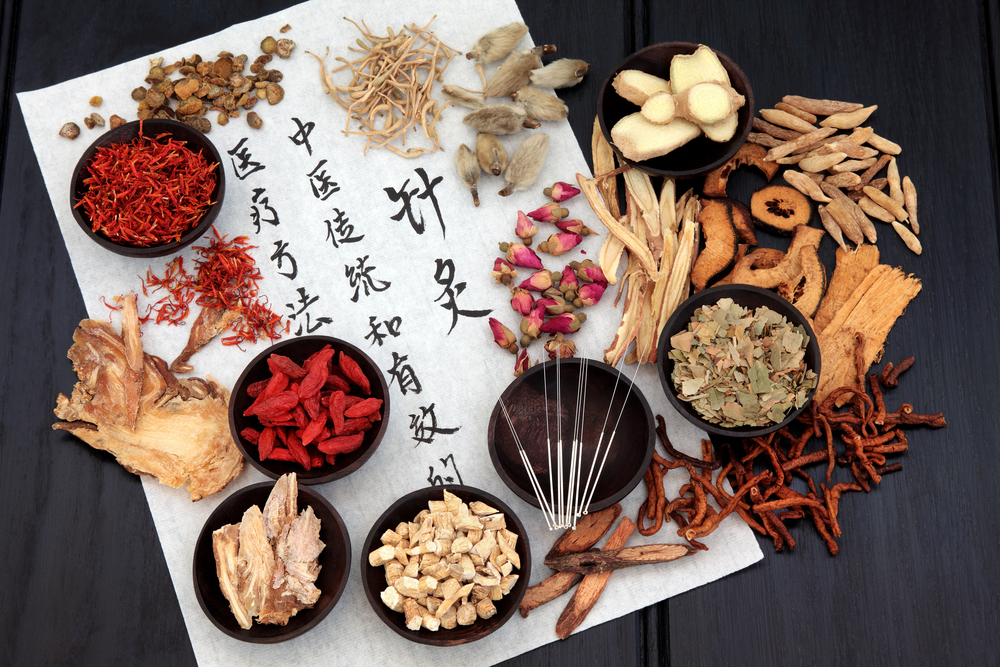Chinese medicine divides dishes into chilling, cooling, indifferent, warming and hot. The diet should be adapted to the climate in which we live and which season is currently. Compliance with this principle is to ensure our health and proper body weight. See a list of products that warm up and cool the body.
Chinese medicine in modern world
Chinese medicine presents the body as a microcosm filled with the life energy of Chi, which gives strength, and its proper circulation is a guarantee of health and vitality. According to these beliefs, it is crucial to maintain the balance between the elements Yin and Yang in all areas of life, including nutrition. Chinese medicine also derives the division of all food products into warming and cooling the body, and proper consumption according to the followers of this philosophy guarantees health and proper body weight.
Designs for ideal body weight
According to Chinese medicine, the diet should be adapted to the climate in which we live. Climate zones are divided into hot, warm, moderate, cool and cold. Similarly, food is divided into five categories. There are dishes which are chilling - Han, cooling - Liang, indifferent - Ping, warming - Wen and hot - Re.

Which products are warming and which are cooling?
According to Chinese dietary recommendations, the menu should consist of 40% lightly cooked and hot vegetables and fruits, 40% cereal products and 20% meat, dairy products, fat and sugar. Meals should be composed based on the energetic division of products so that hot Yang and cold Yin products remain in balance. Excess hot products (e.g. butter, smoked fish, onions, pepper, coffee, chilli) or cold (e.g. ice cream, cucumbers, tomatoes, lettuce, yoghurts, bananas, tofu) as a consequence lead to energy balance disorders and health problems. Consumed meals should be warm because the body does not need to use additional energy to warm them before digestion. Thanks to this, internal organs do not cool down and are not deprived of life-giving energy.
According to Chinese medicine, the diet should also be adjusted to the season of the year. In winter, you should eat mainly warming and warming and neutral products, and in summer warming, neutral and cooling from time to time. In the cool months, you should go for warm meals, mainly cooked, with the addition of warming spices, such as ginger, cloves, cinnamon, cardamom, nutmeg, vanilla, chilli, turmeric. In summer, two meals eaten during the day should also be cooked.
Warming up diet in practice
The division into five groups of food products is not scientifically confirmed and should not be taken literally. This can lead to some extremes, such as excluding raw vegetables from the diet, when they only bring health benefits, provide fibre, antioxidants, vitamins and minerals. It is difficult to find an obese person with numerous diseases who would feed, for example, according to the Mediterranean or vegetarian diet model. Of course, it is worth following certain recommendations as to seasonality, eat more cool products in the summer and hot products in the winter, but daily nutrition should not be planned based on the distribution of products according to their energy Chi.
When it comes to winter meals, Chinese medicine recommendations go hand in hand with observation and logical thinking. In the autumn-winter season, the body needs more energy to maintain normal body temperature, so it is advisable to eat meals served warm. The body then does not use energy to heat up food in the stomach, and a warm dish raises body temperature and postprandial thermogenesis and thus speeds up metabolism.
Excess cold products and obesity
According to the followers of Chinese medicine, the excess of cooling and chilling products in the diet leads to the formation of TAN mucus, which is responsible for obesity and numerous diseases. TAN mucus builds up in internal organs, causing gallstones. According to this theory, excessive consumption of raw vegetables and fruits, milk and eggs, mineral water or cold foods is responsible for obesity and poor health.
There is no scientific evidence to support this theory. The only thing you can agree with is that obesity is responsible for eating too much sugar classified as chilling products. The fact that obesity comes from long-term hypothermia and the occurrence of TAN mucus, supporters of Chinese medicine are convinced, but not scientists studying the causes of obesity and dealing with its treatment and prevention.







